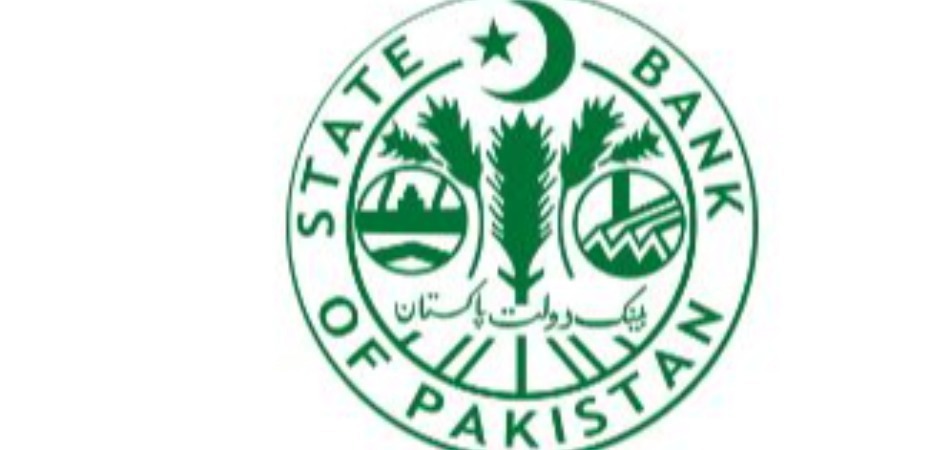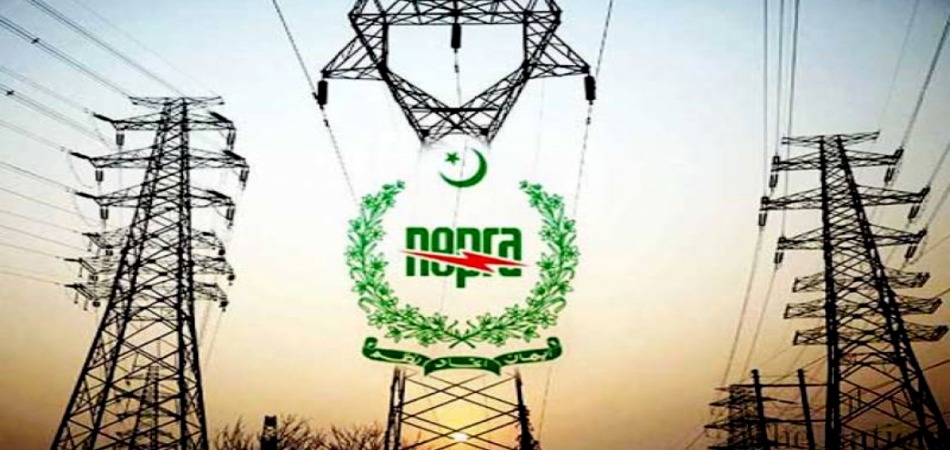All talk and no action: Pakistan’s case at the FATF

By MG News | February 11, 2021 at 03:59 PM GMT+05:00
February 11, 2021 (MLN): Three days ago on February 8, Hong Kong police made its largest-ever drugs bust. The police seized 682kg of Ketamine worth HK$437 million (US$56m) disguised inside the packaging of Macaroni. The origin of the shipment was traced back to Pakistan. The Hong Kong police chief said the bust was its largest-ever since 2007.
Ketamine, which goes by the street name of Club Drug across the world, is one hand used to make Cocaine whereas on the other hand it is abused independently as well. Unlike the UK and US where the anesthetic is regulated, the same can be bought in Pakistan from any medical store.
Last year in November, Pakistan Customs seized 820kg ketmanice from Mauripur, Karachi. According to the customs official, the drug was smuggled into the country and was stored at a go down to produce Cocaine.
In December 2020, another shocking revelation was made during a court hearing when it was revealed that slain Afghan Taliban leader Mullah Akhtar Mansour had apparently purchased life insurance using forged documents. Mansour was killed in a US drone strike in 2016. In addition to the insurance, Mansour managed to purchase five properties worth millions of rupees in the country’s business hub Karachi. The properties were used to fund terror activities across the country.
These damning revelations lay bare why the global anti-money laundering watchdog the Financial Action Task Force (FATF) continues to hound Pakistan. Despite being on the greylist since June 2018, the lack of enforcement against the use and movement of illicit money through the porous borders is the primary reason why the global watchdog has set its microscopic eye on Pakistan.
So with that in the backdrop, the government is gearing up to make its case at the Financial Action Task Force plenary meeting due later this month seeking Pakistan’s removal from its infamous greylist. As per the sources, the government has submitted its dossier to the FATF on the actions taken between October 2020 and January 2021.
However, apart from the State Bank of Pakistan’s introduction of the Anti-Money Laundering, Combating the Financing of Terrorism & Countering Proliferation Financing (AML/CFT/CPF) Regulations, there hasn’t been done much on the legislative front.
On the other hand, earlier in January just weeks ahead of the FATF plenary, the police arrested Zakiur Rehman Lakhvi, leader of proscribed organization Lashkar-e-Taiba (LeT). Pakistan’s law enforcement agencies also spurred action in 2020 rounding up other US-designated terrorists including Hafiz Saeed in July 2020. Meanwhile, his accomplices (including his brother) were handed harsh punishments by the courts in January 2021 for counts of terror financing and money laundering.
Earlier, before the October 23 plenary held last year, the government had passed as many as 15 laws through the assemblies aimed at complying with the FATF’s action plan including Amendments to the Anti-Terrorism Act, Anti-Money Laundering Act, Foreign Exchange Regulations Act, Tax Laws Ordinance, Securities and Exchange Commission of Pakistan AML/CFT Guidelines, Finance Act, the Customs Act, National Counter Terrorism Authority Amendment, Mutual Legal Assistance Act, AML/CFT Sanctions Rules, etc.
Despite the passage of these laws, the FATF was not pleased with Pakistan’s measures arguing that the government needs to show strong enforcement actions on the ground.
Reviewing Pakistan’s progress, the FATF on October 23 statement asked Pakistan to i) demonstrate law enforcement agencies are identifying and investigating the widest range of terror financing activity ii) demonstrate TF prosecutions result in effective, proportionate, and dissuasive sanctions; iii) demonstrate effective implementation of targeted financial sanctions against all 1,267 and 1,373 designated terrorists and those acting for or on their behalf and (iv) demonstrating enforcement against TFS violations, including in relation to NPOs, of administrative and criminal penalties and provincial and federal authorities cooperating on enforcement cases.
With the passage of several amendments and the introduction of new laws to curb terror funding and money laundering, experts say that Pakistan has done mere cosmetic changes on paper. They argue that Pakistan will need to work on enforcement actions.
A warning was also issued by FATF Chief Marcus Pleyer in October 2020 as well: "As long as we see that the country is progressing with the action items, and we have seen progress with Pakistan, we give them a chance to repair the outstanding issues, but we do not do this forever."
Although the actions taken by Pakistan are laudable and show the high-level commitment from the authorities to enforce strict countermeasures, the authorities now need to renew their focus on enforcement actions.
Effective implementation of the passed laws will go a long way in helping Pakistan shed its image of money laundering and terror financing hub. As mentioned in the FATF’s October 23 statement on Pakistan, the government needs to ‘demonstrate’ its long-lasting commitment to curb money laundering and terror financing.
Without on-the-ground changes, Pakistan will continue to remain on the FATF’s grey-list or it could be relegated to the blacklist.
Copyright Mettis Link News
Related News
| Name | Price/Vol | %Chg/NChg |
|---|---|---|
| KSE100 | 125,627.31 258.99M |
1.00% 1248.25 |
| ALLSHR | 78,584.71 1,142.41M |
1.16% 904.89 |
| KSE30 | 38,153.79 69.25M |
0.63% 238.06 |
| KMI30 | 184,886.50 91.38M |
0.01% 13.72 |
| KMIALLSHR | 53,763.81 554.57M |
0.54% 290.61 |
| BKTi | 31,921.68 33.15M |
1.78% 557.94 |
| OGTi | 27,773.98 9.65M |
-0.40% -112.21 |
| Symbol | Bid/Ask | High/Low |
|---|
| Name | Last | High/Low | Chg/%Chg |
|---|---|---|---|
| BITCOIN FUTURES | 108,055.00 | 109,565.00 107,195.00 |
570.00 0.53% |
| BRENT CRUDE | 66.68 | 67.20 65.92 |
-0.12 -0.18% |
| RICHARDS BAY COAL MONTHLY | 97.00 | 97.00 97.00 |
1.05 1.09% |
| ROTTERDAM COAL MONTHLY | 107.65 | 107.65 105.85 |
1.25 1.17% |
| USD RBD PALM OLEIN | 998.50 | 998.50 998.50 |
0.00 0.00% |
| CRUDE OIL - WTI | 64.97 | 65.82 64.50 |
-0.55 -0.84% |
| SUGAR #11 WORLD | 16.19 | 16.74 16.14 |
-0.52 -3.11% |
Chart of the Day
Latest News
Top 5 things to watch in this week
Pakistan Stock Movers
| Name | Last | Chg/%Chg |
|---|
| Name | Last | Chg/%Chg |
|---|



.jpg)